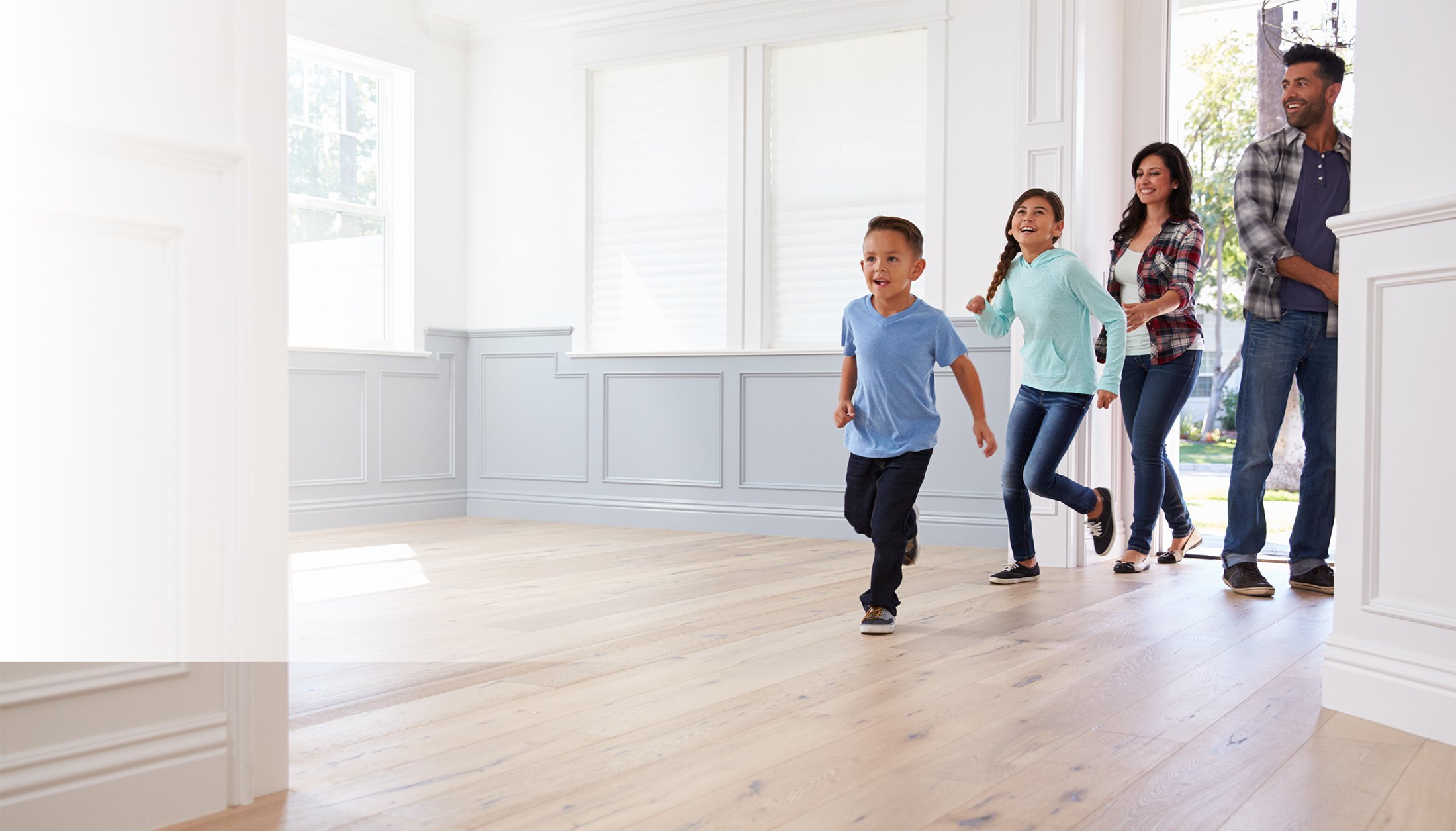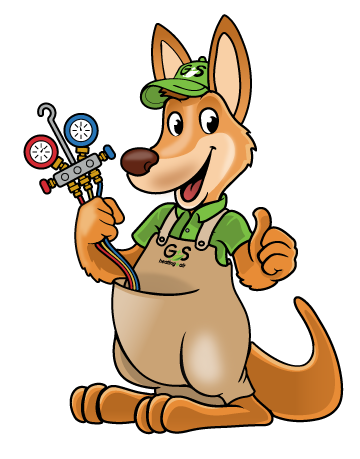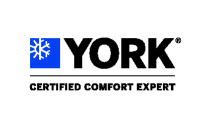
How good is your home's indoor air quality? While outdoor pollution can affect your health negatively, so can the air inside your house. Here's what you should do (and not do) to improve the air you breathe:
DO Add a Few Plants Around the House
Plants create oxygen through a process known as photosynthesis. They even remove excess carbon dioxide from the air. Placing some greenery around your home will ensure you always have a supply of fresh oxygen.
DON'T Rely on Scented Candles
Sure, that scented candle smells amazing, but it may do more harm than good. Synthetic fragrances actually add pollution inside your home. Want a better way to freshen the air? Try opening a window for starters.
DO Clean Regularly
Dust and dirt are notorious for causing health issues. Remember to sweep, mop, and dust regularly to keep your home clean. Even changing the bedding will help reduce dust mites.
DON'T Use Harsh Chemicals
There's a reason janitors wear protective gear. Harsh cleaning products are hazardous to your health. Instead, try switching to green, non-toxic cleaning supplies.
DO Change the Air Filter
Air filters prevent dangerous particles and allergens from circulating in the air. But a clogged air filter can't do its job. Remember to change the air filter regularly.
DON'T Skip on Routine Maintenance
Healthy air starts with a clean, reliable HVAC system. Scheduling regular maintenance will ensure your unit works at its peak all year long. A technician will inspect every nook and cranny of your system. They'll even check moisture levels in the air. Pollution and contaminants inside your home directly affect the air you breathe. Get in touch with G+S Heating Air Energy Services for more information on improving your home's indoor air quality.












